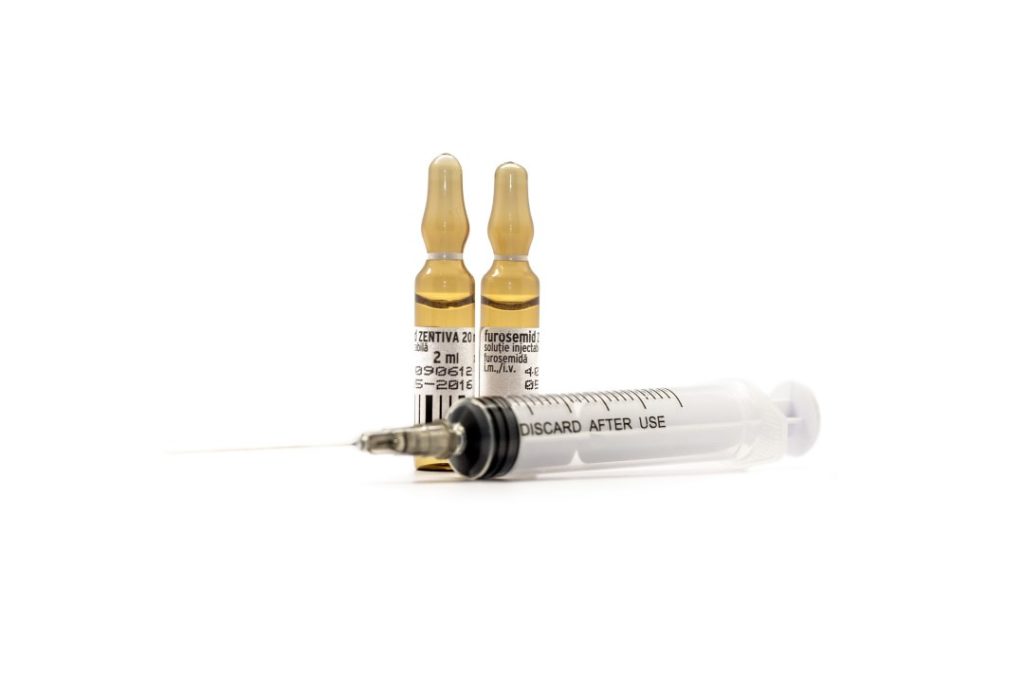
Contents
What is MMR vaccine?
MMR vaccine is used to help prevent serious, sometimes fatal, infections caused by 3 viruses: measles (also known as rubeola), mumps, and rubella (also known as German measles). These are common childhood infections that may cause severe problems (such as deafness, lung/brain problems, or harm to an unborn baby). Therefore, preventing these infections through vaccination is very important. This vaccine contains live viruses that have been weakened. It works by causing the body to produce its own protection (antibodies) against the viruses that cause measles, mumps, and rubella. MMR vaccine is given subcutaneous over the thigh or over the arm.MMR vaccine Immunization schedule
- 9 months – Measles
- 12-15 months – MMR-1
- 5 years – MMR-2
Effectiveness
It is very long lasting. Everyone (more than 99%) will be protected against measles and rubella for more than 20 years after two doses of MMR. Protection against mumps after two doses of MMR is a little lower (90-95%) and appears to gradually decline. Consult doctor if you experience any symptoms.Side effects
Mild Problems- Fever (up to 1 person out of 6)
- Mild rash (about 1 person out of 20)
- Swelling of glands in the cheeks or neck (about 1 person out of 75)
- Seizure (jerking or staring) caused by fever (about 1 out of 3,000 doses)
- Temporary pain and stiffness in the joints, mostly in teenage or adult women (up to 1 out of 4)
- Temporary low platelet count, which can cause a bleeding disorder (about 1 out of 30,000 doses)
- Serious allergic reaction (less than 1 out of a million doses)
- Deafness
- Long-term seizures, coma, or lowered consciousness
- Permanent brain damage